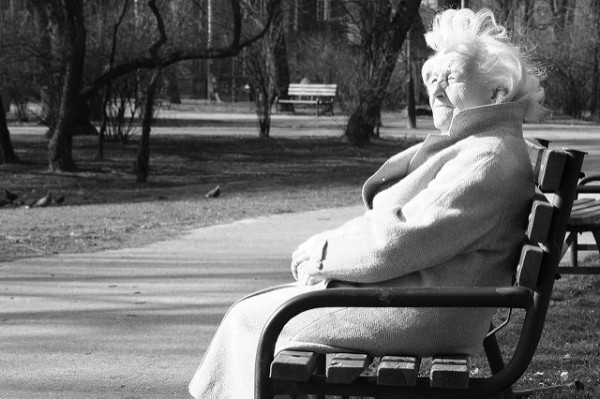Every four seconds, someone in the world is being diagnosed with dementia. When it comes to dementia, the first thought in your head might be of demented people locked in psychotic wards of the early twentieth century or even joy-killing dementors from Harry Potter. However, dementia is actually one of the newest global health issues. It is a syndrome that causes symptoms of impairment of memory, behavior, judgment, social ability, and even physical ability. The most common type of dementia is Alzheimer’s disease, which is prevalent even in current popular TV shows, such as Grey’s Anatomy. There are approximately 47.5 million people suffering from dementia today, and the number is expected to almost triple by 2050. Many countries lack awareness and proper care for patients with dementia, creating societies that isolate and discriminate against people with dementia and create barriers to care and treatment. Friends and family of people with dementia are also affected emotionally and physically by the deterioration of their loved ones.
Image Source: Andrew Brookes
In March, 80 countries worldwide joined together with 80 philanthropic foundations, 45 non-governmental organizations, and four United Nations agencies at Geneva for the Ministerial Conference of Global Action Against Dementia. At this conference, representatives from each of the countries convened with experts and researchers to discuss the growing problem and prevalence of dementia. WHO, the World Health Organization, also officially announced that dementia is a global public health challenge. Nineteen countries, including the United States and the United Kingdom, already have a dementia policy intact, but these policies still have a lot of room for improvement. Dementia is an increasing problem that is threatening the wealth of health systems worldwide. In the United States alone, it is estimated to cost the country 604 billion dollars a year.
The conference proposed the goal of enacting a sustained global effort to promote awareness and research of dementia. Global plans include emphasizing and creating polices, plans, and programs that incorporate dementia prevention and care that can accommodate the needs of the affected people. They also include expanding on the research available to maximize the impact and encouraging collaboration between involved companies and organizations. WHO and the people present at the conference also urged people affected by dementia, either directly or indirectly, to help raise awareness, provide a better understanding, and facilitate health and social care in their communities. Other calls to action include contributing to the advancement of research, supporting the efforts of WHO, rallying people to increase collective effort, and helping to stop discrimination of people with dementia.
Feature Image Source: Julita B.C.










